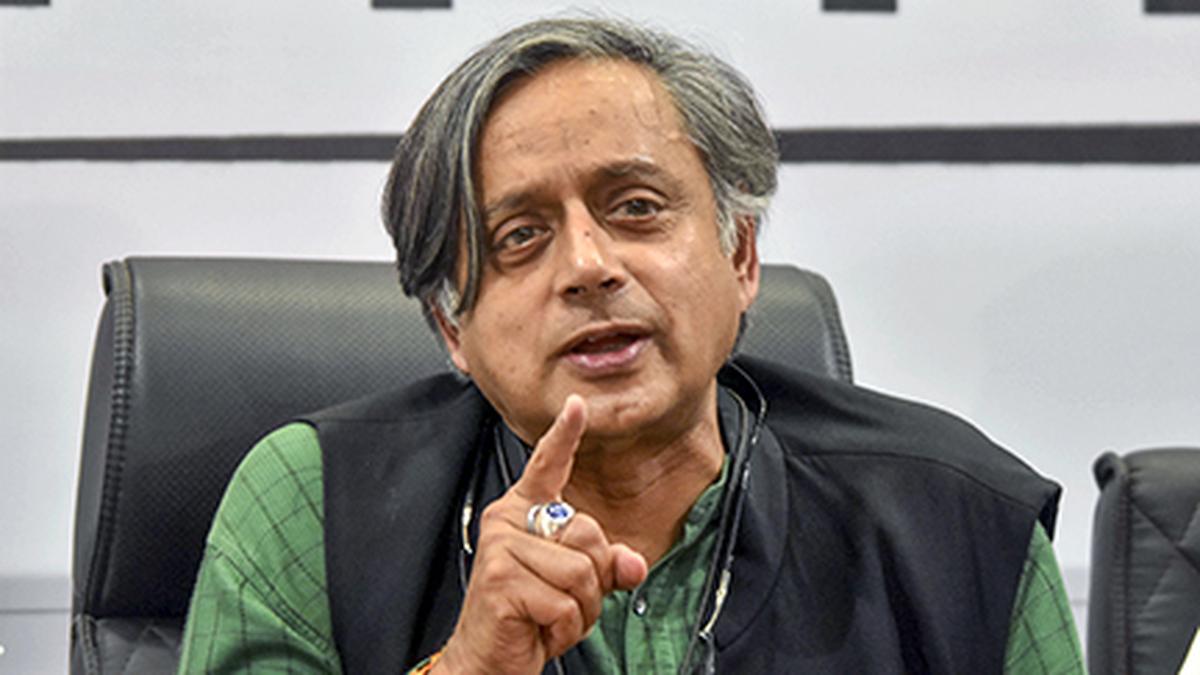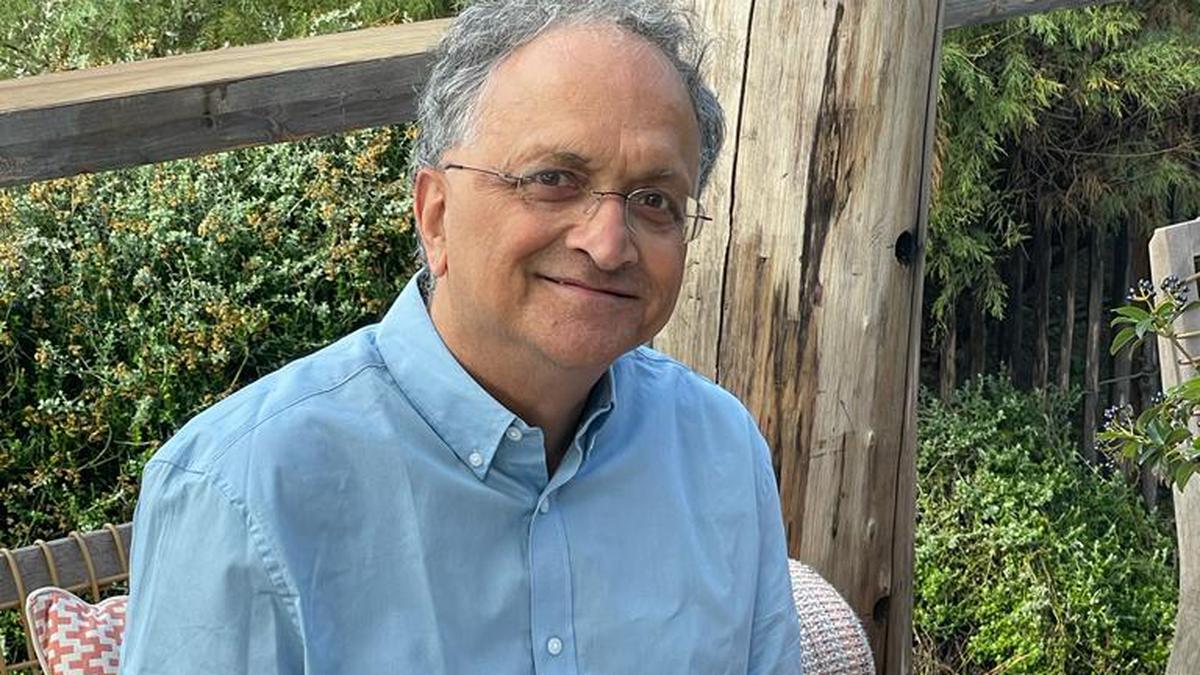In his new book A Wonderland of Words, Shashi Tharoor writes about being in love with words since he was a child. Over the years, he says he has become a role model for aspirational Indians. In an interview, Tharoor talks about his literary pursuits and why he would love to return to fiction. Edited excerpts.

For someone who has been so involved with words, what do you feel about the way language is evolving now?
Wasn’t that always the case? In my generation, when people started saying things like cool and hip and groovy, the earlier generation looked askance. Now it’s old fashioned to say cool or hip or groovy. Each generation does come up with its own words.
Does a life in politics make writing more complex?
When you come into Indian politics, it’s complicated, because you have to work in multiple languages; or rather, things you say in one language can be translated, distorted and made stories of in other languages. As a result, I learned to be rather conscious of my public English.
What’s interesting is that while I have indeed been converted into a meme and an object of joking, the truth is there are also a lot of people who come up to me, asking for selfies and expressing admiration for my English. They often do so in rather modest and or accented English, which means that for aspirational Indians, command of English is what they look up to as an admirable trait. If I can be a useful model for people to emulate, why not?

Could you talk about the kind of research that went into the book?
I began this as a series of columns. Then I started merging columns, expanding some for the book. Secondly, some of the pieces are clearly off the top of my head, but some required more research, and I did have help, which I’ve acknowledged in the book. Professor Sheeba Thattil did the research for me. She had access to lots of philological and etymological texts that I don’t routinely come across or know where to look for. I was emphatic that I was not writing this for other professors of English. I was writing for general readers like myself, or people less involved in language than me. There were also some things I just stumbled across on the Internet. For example, in the Introduction, I include that wonderful letter by Robert Pirosh, who got a Hollywood screenwriter’s job on the strength of it. I came across that entirely by fluke.
It’s been a long time since you wrote fiction. Has returning to words in this sort of playful, interesting way given you room between much more intensive research and work on your non-fiction writing?
Partly true, but there is a more serious challenge, which is that fiction requires not only time, which is scarce enough for me, but it requires a space inside your head to create an alternative moral universe, to populate it with characters, incidents, episodes, conversations that are as real to you as those you encounter in your daily life. You construct this kind of glass palace of illusion, and you enter into it, ideally, every day while you’re writing a novel. The problem with my life, both in my other stages of my UN career and in my entire political life, is that I am constantly interrupted. The great merit of non-fiction is it’s interruptible. Even if you suddenly have to go off on some work, on your return you can reread what you are writing, and your own line of thought and argument will recur to you and you will continue the work. That’s why I found, as a practical proposition, that writing non-fiction was manageable. I have not abandoned fiction. If God grants me enough years, I certainly intend to return to it.
A Wonderland of Words; Shashi Tharoor, Aleph Book Company, ₹999.
Shashi Tharoor will discuss his book at The Hindu Lit for Life, on January 18, in Chennai.
Published – January 10, 2025 09:03 am IST




